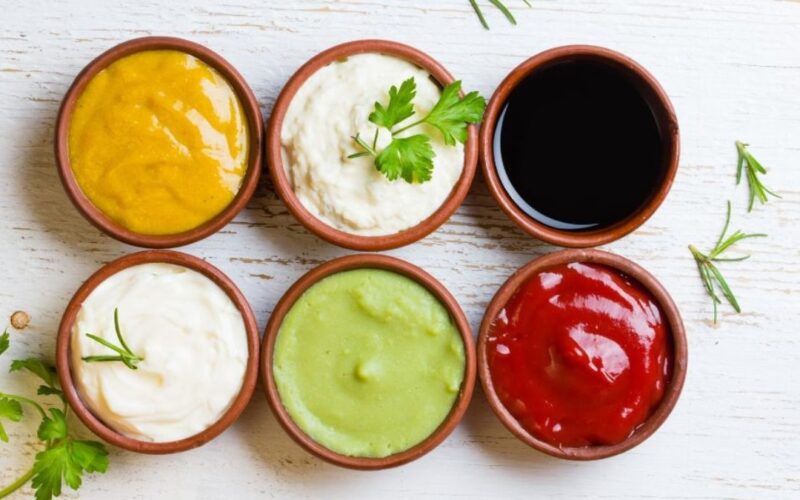The security of our food supply has emerged as an issue of critical importance in recent years. Especially newlyweds can get caught up in the excitement of their new life together and forget about the importance of making healthy food choices for themselves. In order to help couples start their lives off on the right foot, this article provides information about recent food recalls targeting newly weds foods recall.
Understanding Food Recalls
What Are Newly weds Foods Recall?
In cases where a product is deemed unsafe for human consumption, the manufacturer, distributor, or government agency may initiate a recall. Consumers need these recalls to protect themselves from getting sick from eating potentially dangerous or contaminated food.
Reasons for Food Recalls
- Contamination: One of the primary reasons for newly wed foods recall is contamination. This can be due to pathogens like E. coli or Salmonella, foreign objects, or harmful chemicals found in the food.
- Mislabeling: Incorrect labeling or allergen information on food packaging can lead to health risks, especially for those with allergies or dietary restrictions.
- Quality Issues: Sometimes, newly weds food recall occur due to issues with the quality of the product, such as spoilage or substandard ingredients.
For the Newly weds, Why Food Safety Is Crucial
For many reasons, food safety must be a top priority for newlyweds as they begin their lives together.
Building a Healthy Foundation
The foundation of a successful and happy marriage is a balanced diet. Illness brought on by eating tainted or unsafe food can put a strain on any relationship. Putting food safety first is like buying insurance for the couple’s health.
Nurturing Trust
The trust between two people extends all the way to the food they share. It’s important for newlyweds to know that the food they’re eating together is risk-free.
Tips for Newlyweds to Avoid Food Recalls
Follow these steps to protect yourself from food recalls:
1. Check Product Labels
Labels should be read thoroughly for important information such as allergen warnings, use-by dates, and storage recommendations. Verify that the product’s contents correspond to its label.
2. Practice Safe Food Handling
Be careful to avoid contamination while cooking. Always use clean dishes, cutlery and counters. Bacteria can be killed by cooking meat and poultry to the proper temperatures.
3. Stay Informed
Keep up with current food recall and advisory information. Stay informed of potential dangers by subscribing to trustworthy news sources and recall alerts.
4. Buy from Reputable Sources
Shop at stores and buy brands that have a good reputation for selling safe and high-quality food.
Conclusion
Food is an important part of the adventure of married life. If you want to lay a solid groundwork and foster trust in your relationship, you need to make sure the food you both eat is safe and free of dangers. The chances of a food recall happening to a newlywed couple can be reduced if they follow the advice in this article.
FAQs
1. Are food recalls common?
Recalls of potentially dangerous foods occur frequently, though how often they occur depends on many factors, including the vigilance of food producers and regulatory agencies.
2. How can I stay updated about newly wed foods recall?
Checking official sites frequently, signing up for recall alerts, and following reputable news outlets are all good ways to maintain your knowledge.
3. What should I do if I suspect a food product I have is part of a recall?
Stop using any product you believe is subject to a recall immediately and proceed with the steps outlined in the recall notice, which may include returning the product or safely disposing of it.
4. Can I trust organic or natural foods to be safer from recalls?
Natural and organic foods are thought to be better for you, but even they can be subject to recalls. No matter what you eat, it’s important to practise safe handling procedures.
5. How can I report a food safety concern?
If you have any concerns about the quality of the food you are about to consume, you should contact your country’s Food and Drug Administration (FDA). They’ll look into it and take whatever measures are necessary to fix it.








